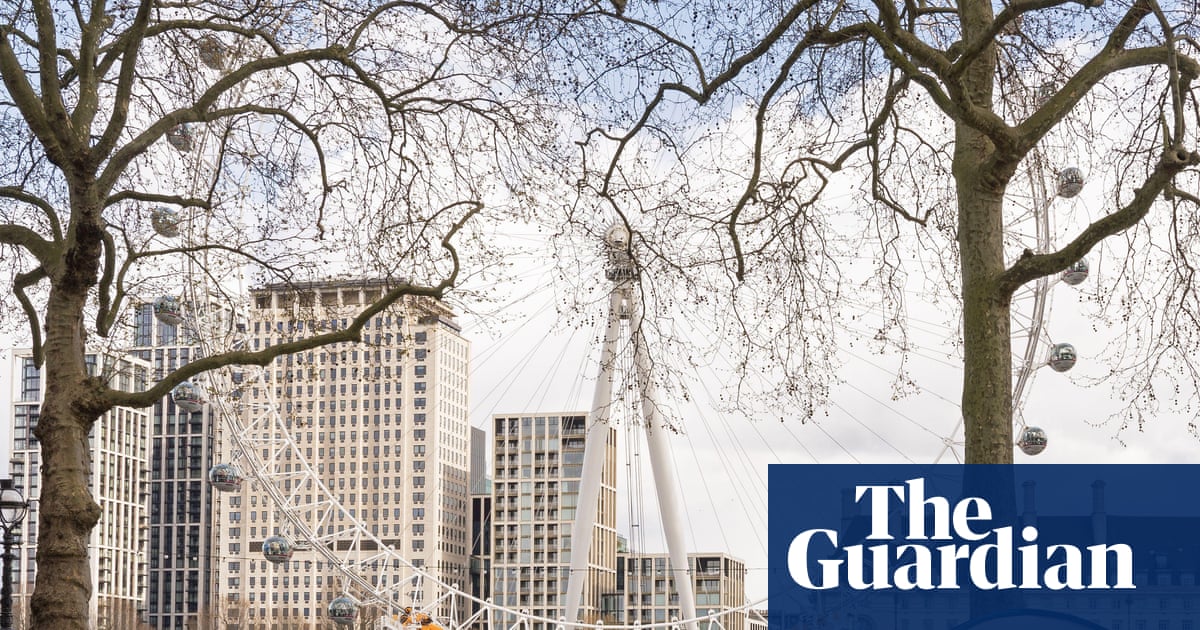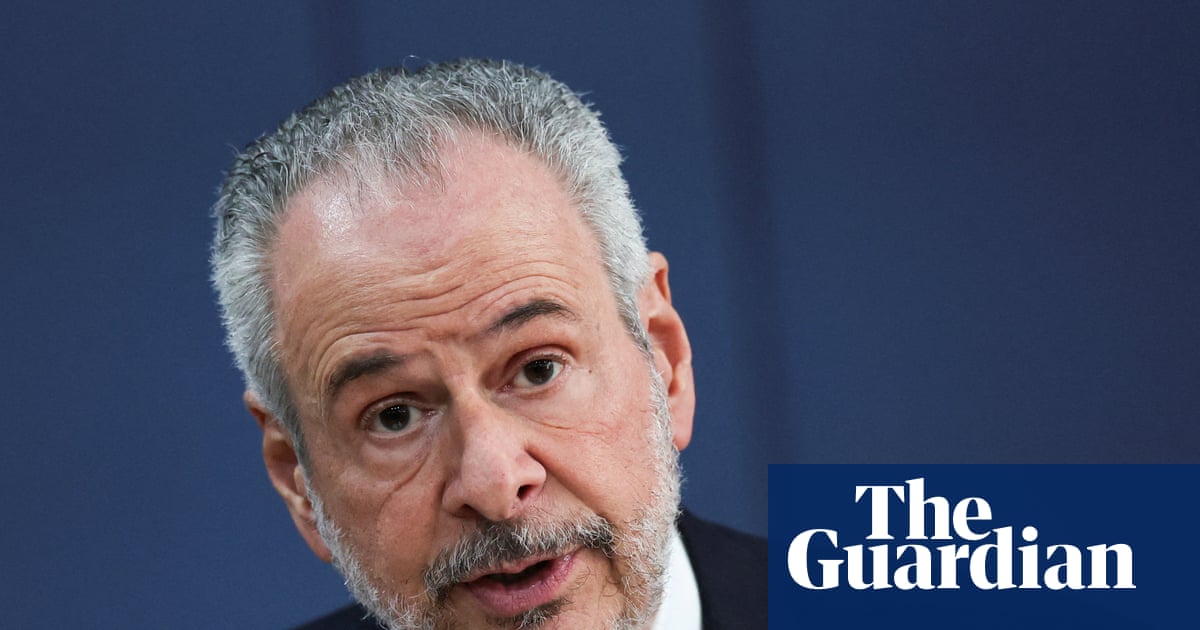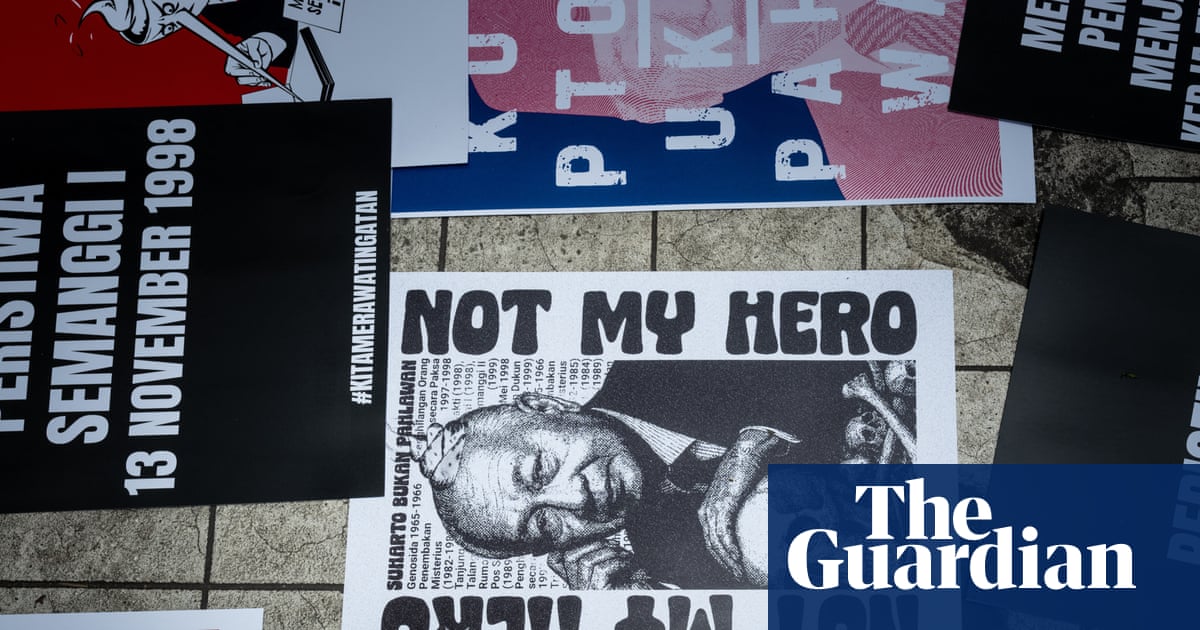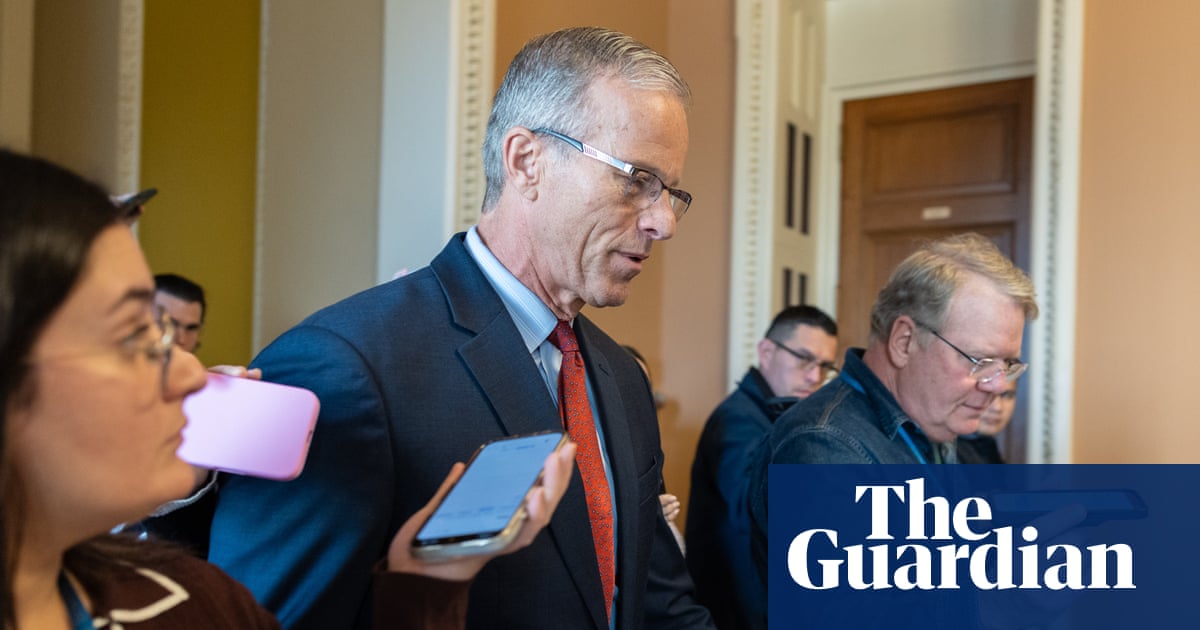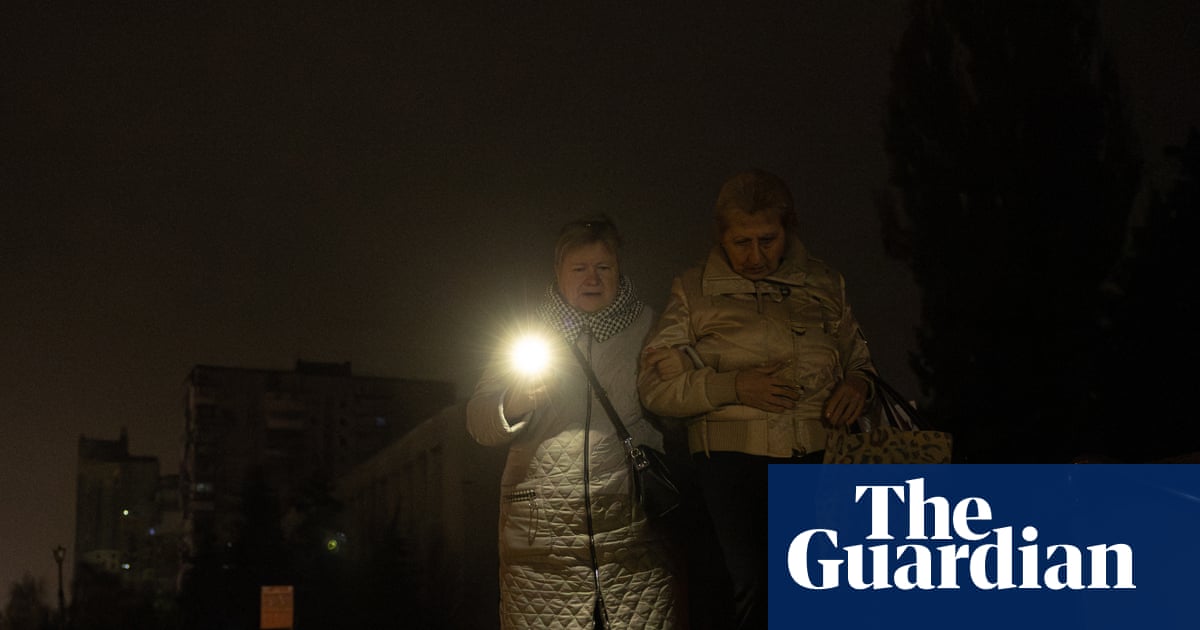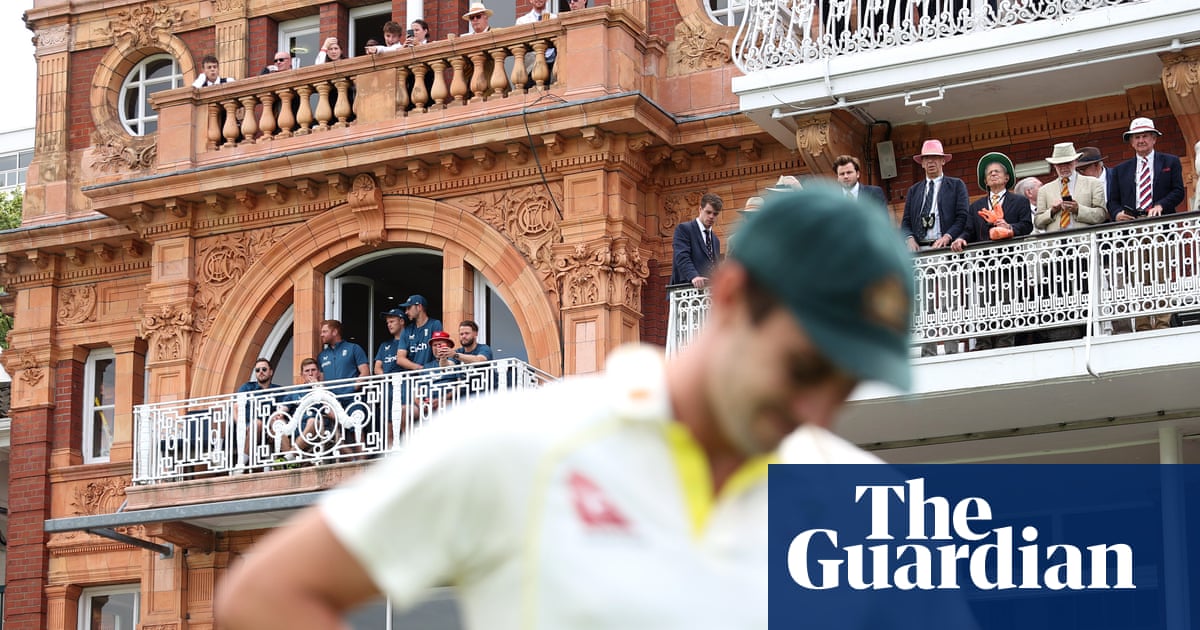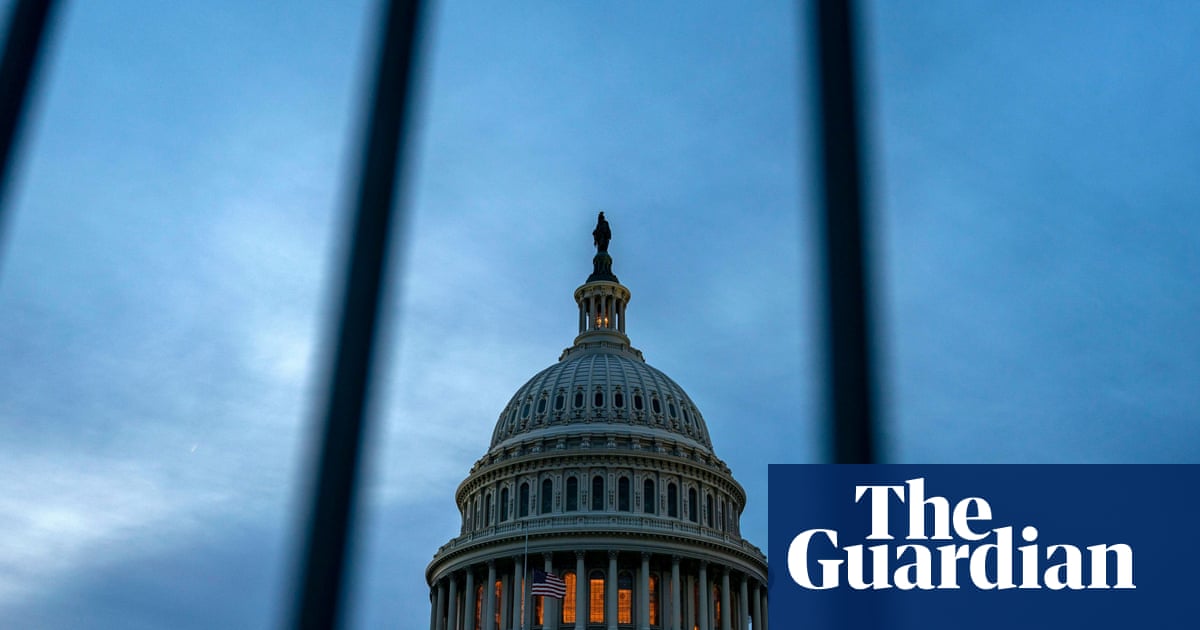Key events Show key events only Please turn on JavaScript to use this feature
UK energy suppliers to offer lower standing charges but won't reduce overall bills
Britain’s energy regulator Ofgem has announced plans to require all major suppliers to offer lower standing charges by the end of January, but added this would not reduce overall bills.
Standing charges are daily fixed fees added to the unit prices customers pay for gas and electricity, designed to cover the cost of connecting to the energy system.
Consumer groups have criticised them as unfair because they are paid regardless of how much energy households use.
Suppliers will probably shift the costs currently recovered through standing charges to other areas of bills like higher unit energy prices, Ofgem said.
However, the regulator and the government said the changes would give customers more choice over their energy bills. The UK minister for energy consumers, Martin McCluskey, said:
This proposal will make more tariffs available on the market, giving people more options to pay lower standing charges if that suits their needs.
Martin Lewis, founder of MoneySavingExpert.com, said:
How disappointing! There was a chance to see a proper mandated low standing charge option to benefit many, and while I hope I’m wrong, it looks like Ofgem may be about to somewhat smother it with the pillow of bureaucracy.
I get more complaints about standing charges than anything else in energy bills.
I worry Ofgem has picked an easy route to appease suppliers’ concerns, that doesn’t help the most vulnerable. I suspect if it goes ahead like this, not enough people will switch and they’ll say ‘it wasn’t worth it’. We will robustly be pushing back in response in the consultation.
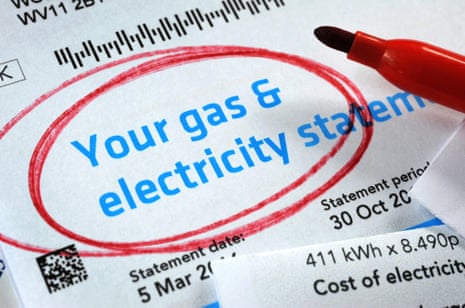
Introduction: Eli Lilly calls UK ‘worst country in Europe’ for drug prices; cost of gold rises again
Good morning, and welcome to our rolling coverage of business, the financial markets and the world economy.
The boss of Eli Lilly has called the UK “probably the worst country in Europe” for drug prices, echoing remarks from other pharmaceutical executives, after putting a planned London laboratory on hold.
Dave Ricks told the Financial Times in Houston, Texas, that the UK will miss out on new medicines if it doesn’t pay more for them. He called for a contentious rebate scheme to be ended.
The country pays less for drugs than other developed countries, he said
unless that changes, I don’t think they will see many. New medicines and I don’t think they will see much investment. That’s the UK’s choice, but we react to those choices.
Negotiations between the UK government and industry over the voluntary scheme for branded medicines pricing, access and growth, or VPAG, broke down without an agreement in late August. Under the scheme, companies pay back 23.5% of their UK revenues to the NHS, a rebate rate that is much higher than comparable rates in the rest of Europe.
Ricks said Lilly “would like to get rid of the clawback scheme called VPAG . . . which charges us for our own success”.
Fellow US drugmaker Merck, known as MSD in Europe, recently ditched a £1bn research centre in London that was under construction, and the UK’s biggest pharmaceutical firm AstraZeneca paused the £200m expansion of its research labs in Cambridge two days later. Ricks said:
They say, ‘well, why are you cancelling your investments?’ It is not an attractive environment.
Lilly itself has paused a planned London gateway lab, an incubator space for new drugs where biotechs can tap into Lilly’s expertise, part of a £279m investment package in the UK. It is understood that the company will not sign the lease for the building until the commercial environment improves. It has three gateway labs in the US and is building two in China.
In August, Lilly raised the UK price of its blockbuster weight loss injection Mounjaro by as much as 170% for people who buy it privately.
What we had seen is people taking trains from Paris to buy UK Mounjaro. That doesn’t make a tonne of sense for us.
Donald Trump has pushed drug companies to lower their prices in the US, where they have traditionally been much higher than in the rest of the world. Ricks’ remarks came as Lilly announced a new $6.5bn manufacturing facility in Houston.
Paul Naish, the UK head of market access for the French company Sanofi, told the Guardian recently that Britain was “at a critical point”.
We’ve still got the best universities, we’ve got some of the best scientists in the world, but it’s not a good place to do the development work for medicines. It’s an expensive place to operate, and it’s a terrible place to sell medicines.
In financial markets, the price of gold is rising again, with the precious metal seen as a safe-haven investment in times of turmoil.
Spot gold is trading just below yesterday’s new record high of $3,777.80 an ounce, at $3,772.3, up 0.2% on the day, amid geopolitical uncertainty and expectations of further interest rate cuts from the US Federal Reserve.
The Fed’s chair, Jerome Powell, yesterday pushed back hard against claims the central bank allows politics to drive decisions, in the midst of an extraordinary battle over its independence.
The Agenda
-
9am BST: Germany Ifo business climate for September
-
10am BST: UK Treasury gilt 2030 auction
-
3pm BST: US New Home sales for August

 1 month ago
27
1 month ago
27
